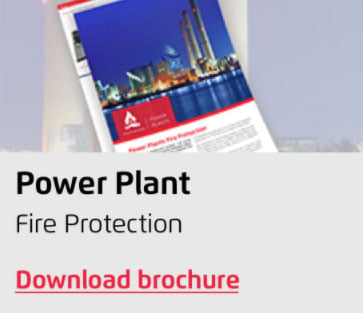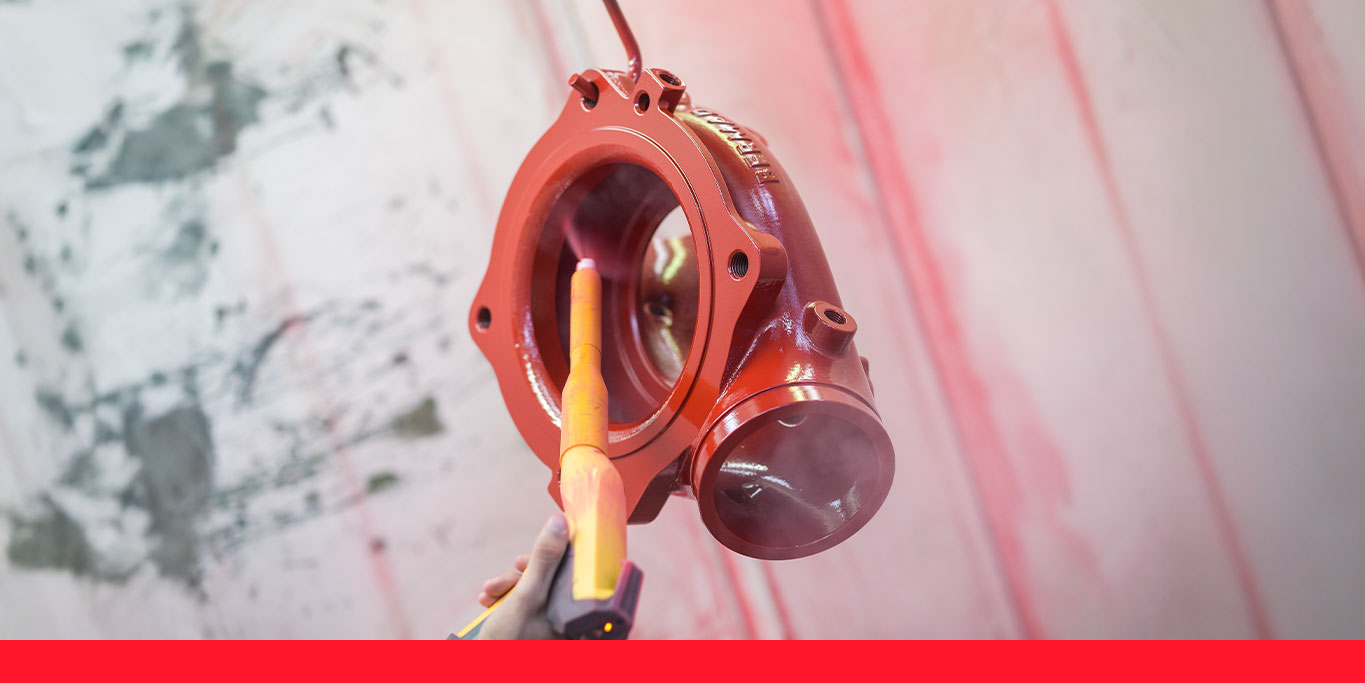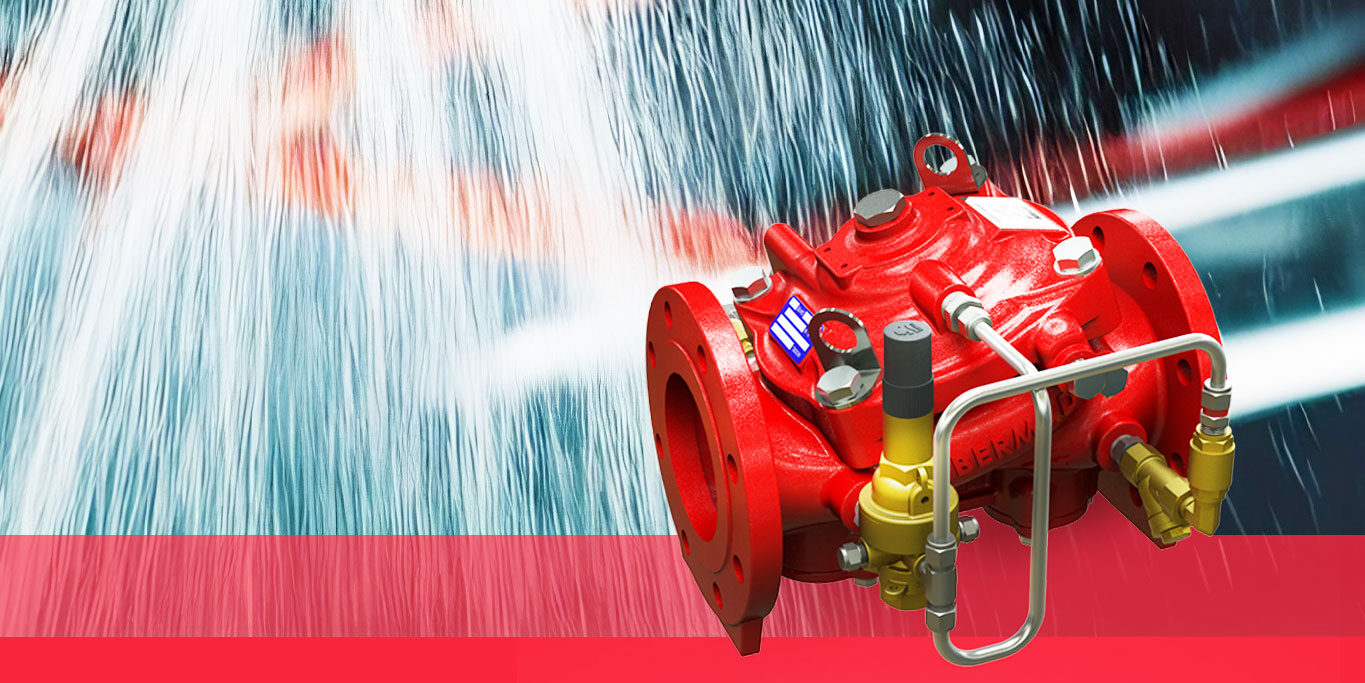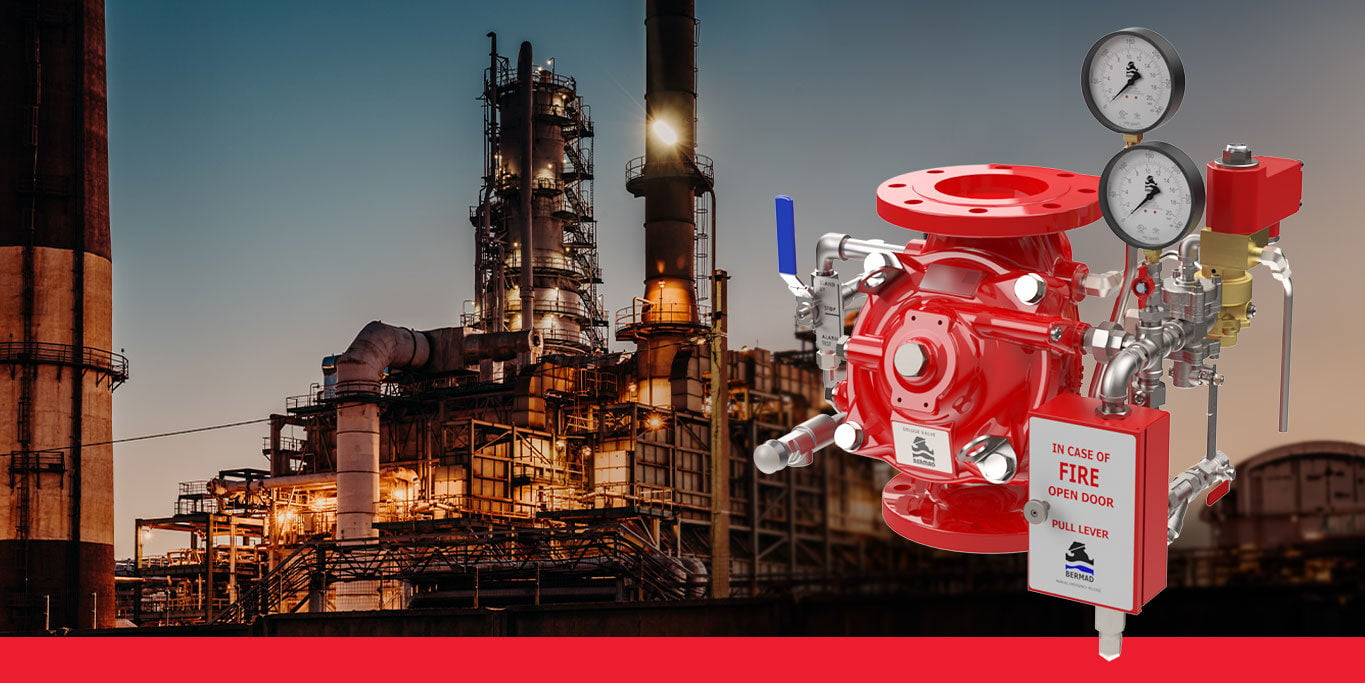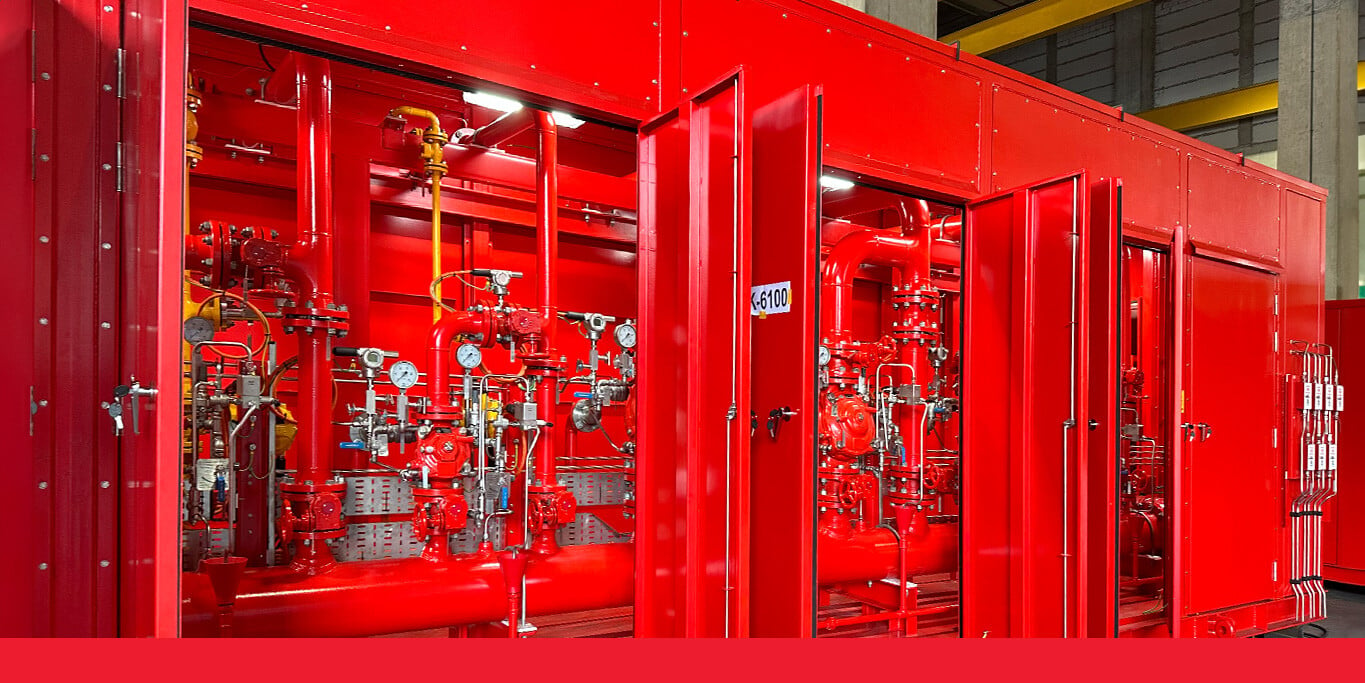Use of Liquefied Natural Gas (LNG) in the modern economy is growing strongly, with LNG production expected to reach 10% of the global crude production by 2020. Like all fuels, LNG is highly flammable, making your fire protection system a critical consideration when developing new LNG infrastructure.
Unlike most liquid fuels, LNG has to be kept at an exceptionally low temperature to retain its non flammable and low volume liquid state. It is the LNG vapors that pose a fire danger. A rupture or leak in a containment unit or pipeline can result in a spill, in which the liquid LNG turns to gas very rapidly. Should fire break out in such a situation it can result in a highly dangerous situation, especially where space is confined and/or where wind can spread the flames. Chain reactions are a very real hazard and of course even more so in facilities that handle other fuels such as crude oil or diesel fuel which do burn in their liquid state.
Liquefied Fuel Fire Protection = Prevention
If fire is allowed to get out of hand in a situation like this, it is typically difficult or impossible to suppress. Prevention is therefore a major goal. Liquid natural gas fire protection has two aims:
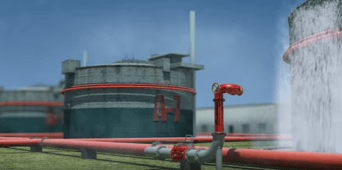 To provide cooling. The cooler the ambient temperature, the slower LNG is able to vaporize into its highly flammable gaseous state and therefore harder to induce any other nearby liquid fuel to ignite.
To provide cooling. The cooler the ambient temperature, the slower LNG is able to vaporize into its highly flammable gaseous state and therefore harder to induce any other nearby liquid fuel to ignite.- To isolate the fire and prevent its spread. This is achieved by creating a water curtain that separates the protected area from the risk.
In other words, if a fire starts in a fuel facility, it may not be possible to put it out. However it is critical to prevent its spread so that it can burn itself out in situations without causing a disaster. In order to do this, the entire vulnerable area must be protected in contrast to many other fire protection scenarios, where the focus is on extinguishing the flames themselves.
A situation like this requires extensive protection of the entire vulnerable area, not just in the location of the fire. Typically, such a fire protection system involves large numbers of valves that all must be capable of engaging very quickly with a high degree of reliability. Deluge valves are the most prevalent type of valve for this type of fire protection system; however some systems may call for other types of valves as well.
Fire Protection Solutions for LNG and Other Liquefied Fuel Containment Facilities
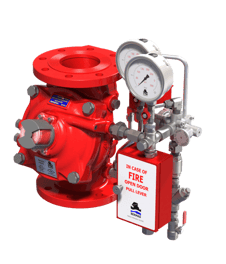 BERMAD deluge valves (along with our entire line of fire protection products) are specifically engineered to perform to the highest standards in the industry, using the safest components and proven design for optimal reliability and response speed.
BERMAD deluge valves (along with our entire line of fire protection products) are specifically engineered to perform to the highest standards in the industry, using the safest components and proven design for optimal reliability and response speed.
However, BERMAD is more than just a line of products. Since 1965, BERMAD has brought together expert know-how, leading-edge technology, and precision engineering to serve global customers in a wide range of fire protection applications—including liquid fuel storage and transportation facilities. Many elements must work together to create a safer and better fire protection solution. Principal amongst them is having the technical expertise to select the right solution for any given specific application. And that comes down to people.
When you choose BERMAD valves, you are choosing not just a product but a knowledgeable and experienced support team that is now standing by ready and waiting to assist should you need expert guidance in designing, installing or maintaining your fire protection system.




